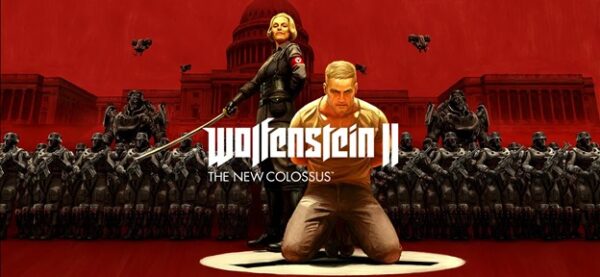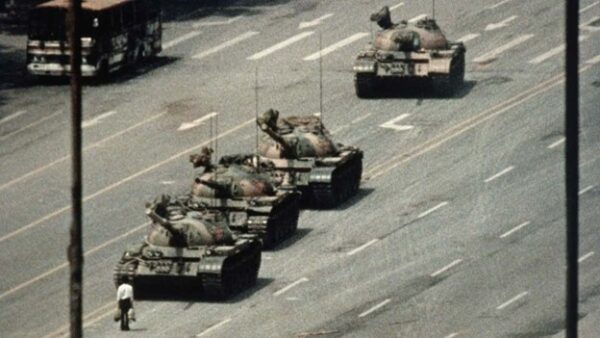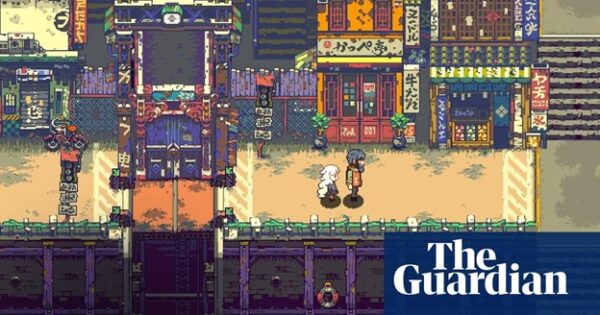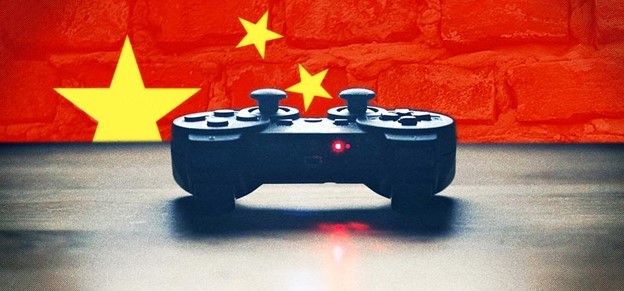China National Radio (CNR) recently called out the gaming industry, criticizing historical video games for misrepresenting historical events. The State-run station expressed its dislike for video games that “misrepresent” history, citing the game Romance of the Three Kingdoms XI as an example, which depicts Chinese general and Song Dynasty hero Yue Fei inaccurately.
CNR commentator Zhang Keyue argued that players, who are largely of younger age groups, can be easily influenced and misinterpret the game’s historical fiction as the truth. Keyue argues that the game industry “must strengthen self-discipline” and went to call upon the industry to strengthen its pre-approval management.
Are China’s Fears Founded?

GOG
The Chinese government is very forward with the claim that historical video games can strongly influence how younger gamers interpret historical events. While this in and of itself isn’t untrue — many younger gamers learn about some historical events through big games like Call of Duty and Assassin’s Creed — there also isn’t anything wrong with video games that feature alternative takes on history. In fact, many would argue that games such as Wolfenstein 2 and We Happy Few, which feature interesting “what if” scenarios, are actually beneficial. Games that show unique takes on true historical events open up the discussion to gamers and charges them with the question, “What would the world be like if history had happened differently?”
China seems to believe that game developers shouldn’t explore history further than the actual facts, and that mixing fictitious storytelling with the real world is dangerous and harmful to the easily impressionable youth. But this argument is counterintuitive and discourages creativity and storytelling in favor of “protecting” historical events. It’s also quite insulting to gamers’ intelligence. When playing through Wolfenstein 2: The New Order, most players understand that the game is set within a false universe. Gamers, as a whole, are smart enough to separate fact from fiction, and government censorship isn’t necessary.
Additionally, if all historical video games were strictly historically accurate and never lingered from the truth, there wouldn’t be much creativity in the medium. Think about it — without the ability to change historical facts and play with history, there would be no Fallout, there would be no Assassin’s Creed, and there would be no Civilization. Any video games set within medieval fantasy worlds wouldn’t exist either, so gamers could say goodbye to gaming juggernauts like The Elder Scrolls and The Witcher. Countless video games are based on history in some way, shape, or form, so the idea of restricting games from altering history feels ridiculous.
History of Extreme Censorship

History.com
Of course, CNR’s argument is rather hypocritical as the Chinese government has had a long history of lying to their own people about history. China’s Communist government has worked hard for the past three decades to try and erase the memory of the Tiananmen Square Massacre, and in recent years it tried its best to shift the blame of the Coronavirus outbreak. For a government that has lied about its own history to the nation’s citizens over and over, you’ve got to wonder why it is now speaking out against video games that change history.
The Chinese government has had a history of demonizing video games, with the medium as a whole being illegal up until 2015. In the past, China sought to define gaming as an addiction, and required gamers to use their real names when playing online, and instituted a gaming curfew for all citizens. Additionally, a state-own publication ran a story about gaming causing a decline in Chinese students’ performance and damaging adult relationships by causing family members to neglect their responsibilities.
China and Gaming

TheGuardian.com
Obviously, the Chinese government’s issue with video games stems from its restrictions on freedom of expression: If the art has anything negative to say about China itself, whether it be true or false, it is not allowed. Video games are one of the greatest mediums for self-expression and have explored many serious issues and topics. Therefore, it isn’t too surprising that China is trying to limit gaming’s influence on its people. But hopefully, in the future, China will lessen its restrictions on gaming and all art in general, and the Chinese people will be able to enjoy games without fear of censorship.


